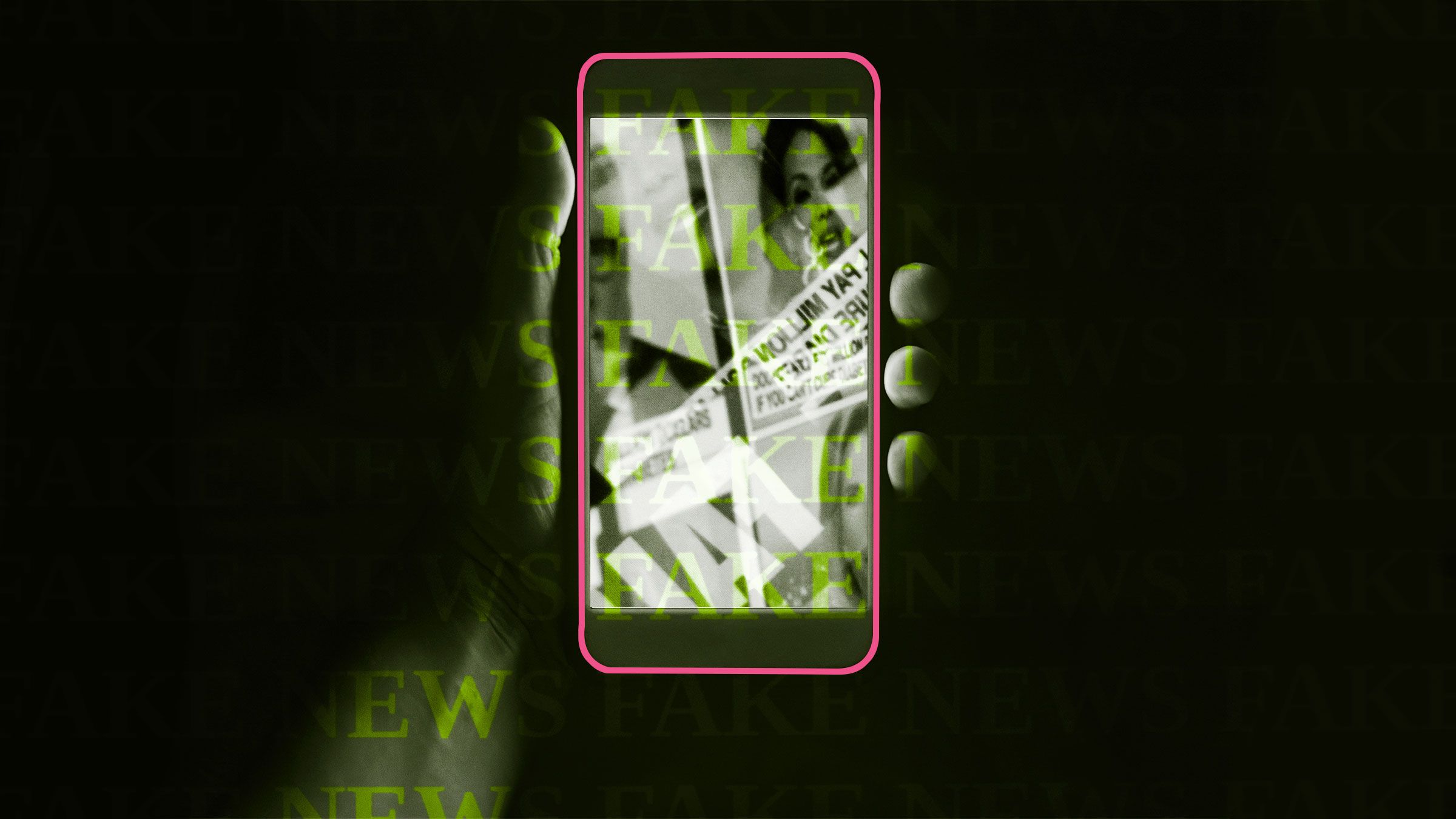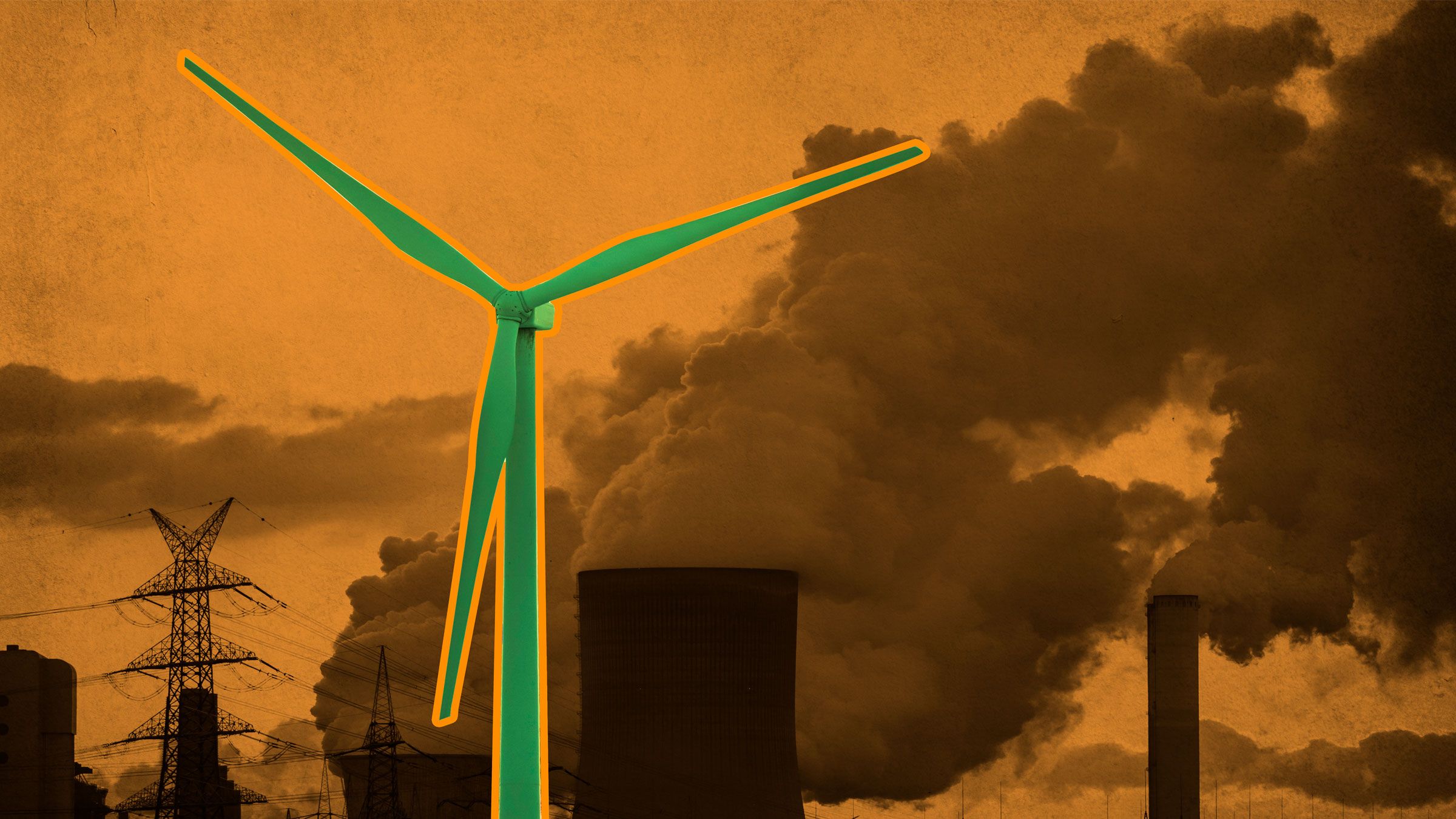The New Digital Dark Age
The New Digital Dark Age
In the age of technology and information, it may seem like we have access to more knowledge than ever before. However, with data storage shifting to…

The New Digital Dark Age
In the age of technology and information, it may seem like we have access to more knowledge than ever before. However, with data storage shifting to digital formats, we are facing a potential crisis known as the Digital Dark Age.
The Digital Dark Age refers to a time where information stored in digital formats becomes inaccessible due to obsolete technology or software. As our reliance on digital storage grows, the risk of losing valuable data becomes more pronounced.
With the rapid advancement of technology, older digital formats are quickly becoming outdated and incompatible with newer systems. This poses a threat to preserving our digital history and knowledge for future generations.
As we continue to digitize more of our lives, from photos and documents to entire libraries and archives, the risk of losing access to this information looms larger. Without proper preservation efforts, we could be entering a period where vast amounts of valuable data are lost forever.
It is essential for us to prioritize digital preservation efforts and ensure that our digital history is safeguarded for the future. This may involve migrating data to new formats, creating backup copies, and developing strategies for long-term storage.
The consequences of neglecting digital preservation could be catastrophic, potentially leading to a loss of valuable cultural and historical information. By recognizing the risks of the Digital Dark Age and taking proactive steps to address them, we can work towards safeguarding our digital heritage for generations to come.
As we navigate the complexities of the digital age, it is important to remain vigilant and proactive in preserving our digital treasures. By staying informed and advocating for proper digital preservation practices, we can help ensure that the Digital Dark Age remains a theoretical concept rather than a bleak reality.






